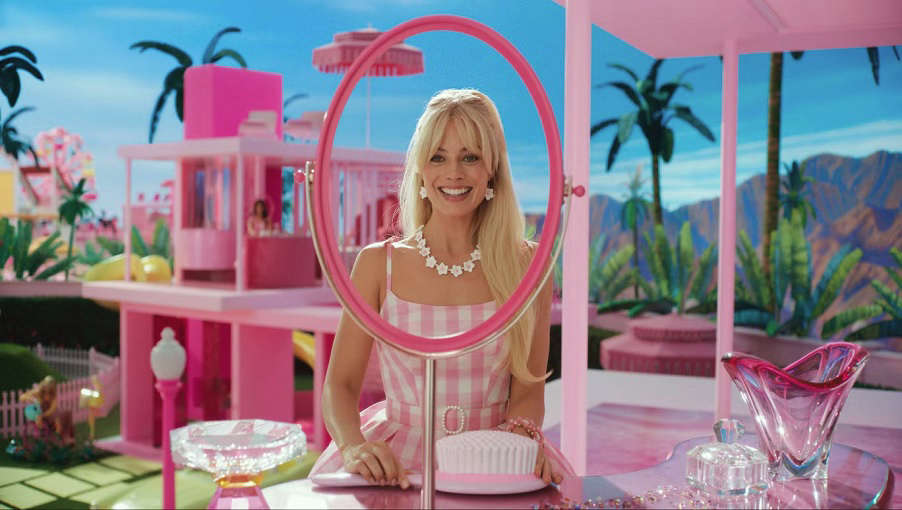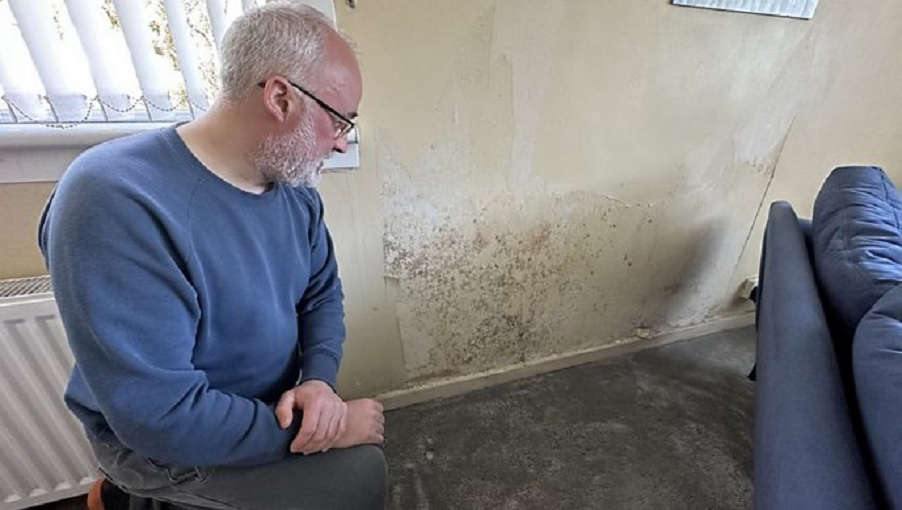

7 ways to recession proof your business
Posted: Tuesday, December 13th, 2022

So, we’re in a recession. Opinions are divided on the length and severity of it, but it’s likely that the market will be difficult until 2024. With the government trying to reduce spending to combat inflation, tradespeople are on their own. Over the last six months, The Clive Holland Show and Fix Radio’s series of trade shows have discussed the recession, the impact for sole traders and construction related businesses, and given advice on getting through the next year. (Here’s what Chris Frediani had to say about it just last week.) As we edge into the new year here is a quick summary of the basics. 1 – Look at your numbers: You can’t understand how your business is performing until you’re familiar with the underlying numbers – what are your outgoings? And what are your revenues? Some tradespeople like to look at these numbers monthly, others break these down into a daily figure, that way they know how much money they need day-by-day to cover their costs. 2 – Speaking of your costs: Once you are familiar with your business revenues, you can start making judgement calls on your cost base. You don’t have to start making cuts immediately, (nobody has a clear picture about the market next year), but it makes sense to know where you could make cuts. If you are leasing a business unit, look at your lease, and ask yourself, ‘do you need it and how much money could you save if you got rid of it?’ 3 – Cash flow: Once you know your costs, start squirrelling away a cash reserve (if you haven’t already done so) and pay strict attention to cash flow. Now is not the time to finance a client’s project so get a deposit for booking work and depending on the size of the job, to cover your initial materials cost. The deposit needs to be large enough to make a client reconsider cancelling but be flexible. You don’t want to scare customers off. 4 – Pricing: A lot of tradespeople are already reporting that customers (whether they are domestic clients, or bigger contractors) are pushing down prices. This is where experience counts. While it is tempting to drop prices to win business, nobody whether you’re a plumber, a painter or a sparkie wants to be in a ‘the lowest bid wins’ market. Yes, there will be pressure to reduce prices, but with high fuel, energy, material and labour prices persisting in 2023, wiggle room on prices is limited. Again, you need to know your cost base, and what you want to take home for your own time and effort. That will guide you in your pricing strategy. 5 – Marketing: It may sound counter initiative but if anything, marketing is more important in a recession. Most tradespeople rely on ‘word of mouth’ recommendations to win business. That is great while there is demand in the market, but when that drops off you need another customer pipeline. With tools like Google or Facebook ads can cost effectively put your trade brand in front of a new audience. At the bare minimum open social media accounts for your business and use them to showcase your work, even if it’s simple before and after pictures of your work. Frequent, personality driven content will encourage customers to invest in you. To find out more listen to Jon Mears on The Painting & Decorating Show. 6 – Get it in writing: In a recession, a customer’s conditions can change very quickly, so more than ever, you need to make sure you have everything in writing, particularly around the scope of work and payment terms. Now is not the time to rely on handshakes and good faith. Do not be vague about these things – be upfront, straightforward, and polite. It is best to get an idea sooner, rather than later about whether your customer is jittery about payment, at least that way you’re limiting your exposure. For more listen to this episode of The Heating & Plumbing Show. 7 – What else can you do with your business: If business slows down, it’s worth considering what other services you can offer, or markets you can approach. If you’re working in plumbing, can you switch into heat pumps and insulation? Working mainly on domestic projects, then does a switch to commercial work offer steadier work? The bottom line is you need to be flexible and be prepared to change. Hear what Clive had to say about the forthcoming recession below.
Trending Stories
-
 Essex electrician has roundabout signs rejected
Essex electrician has roundabout signs rejected
A sparkie’s bid to sponsor signs on two roundabouts has been refused by planning chiefs who described them as “clutter”
-
 Barbie caused a ‘worldwide’ shortage of pink paint
Barbie caused a ‘worldwide’ shortage of pink paint
Barbie needed so much fluorescent pink paint that it caused a worldwide supply shortage for an entire company
-
 Builders find body of man murdered in the 1960s and buried in back garden
Builders find body of man murdered in the 1960s and buried in back garden
A woman who bought a South London house was left horrified after builders discovered the body of a man murdered in the 1960s and buried in her garden 14 months after she moved in
-
 'Government insulation scheme ruined my home'
'Government insulation scheme ruined my home'
A home-owner said his flat has been ruined by black mould caused by a government "green" insulation schem
-
 Builder celebrates lottery win by buying his coworkers bacon butties
Builder celebrates lottery win by buying his coworkers bacon butties
A builder from Milford Haven who won big on the lottery celebrated his victory by treating all his workmates to a round of bacon rolls